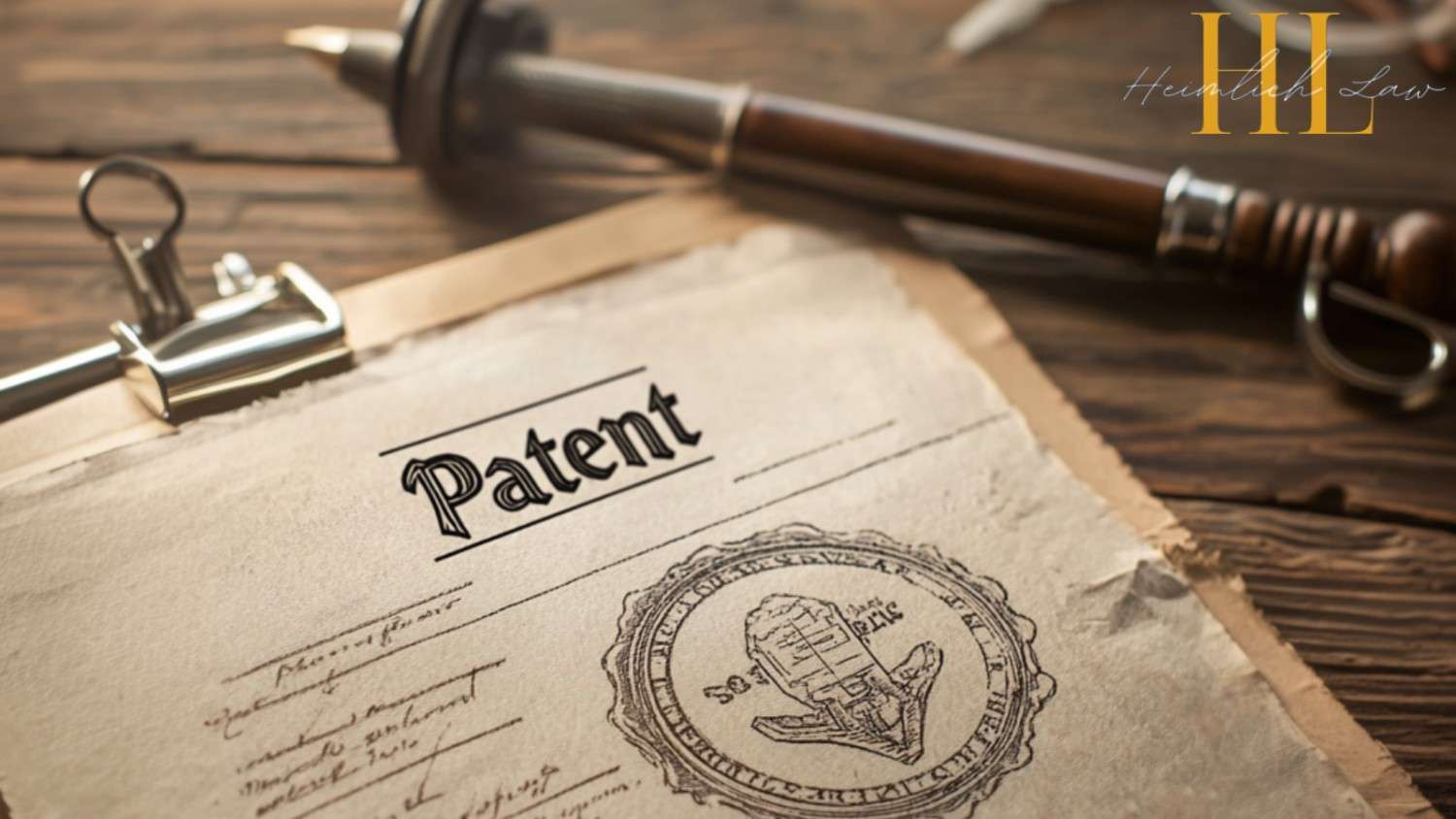Lawyers play a crucial role in navigating the intricacies of intellectual property (IP) law in mergers and acquisitions (M&A) by providing comprehensive legal expertise and strategic guidance throughout the transaction process. Here’s how lawyers can help:
1. Due Diligence: Lawyers conduct thorough due diligence to assess the target company’s IP portfolio, including patents, trademarks, copyrights, trade secrets, and other proprietary assets. They identify potential risks, liabilities, and opportunities associated with the target’s IP assets, such as pending litigation, licensing agreements, or infringement claims.
2. IP Valuation: Lawyers assist in valuing the target company’s IP assets and assessing their contribution to the overall transaction value. They analyze factors such as the strength of IP rights, market potential, competitive landscape, and revenue generation to determine the appropriate valuation methodologies and negotiate favorable terms for IP transfer or licensing.
3. Transaction Structuring: Lawyers advise on the structuring of the M&A transaction to address IP-related issues effectively. This may involve drafting and negotiating IP-specific provisions in the transaction documents, such as representations, warranties, indemnities, and escrow arrangements, to allocate risks and responsibilities between the parties.
4. Ownership and Transfer of IP Rights: Lawyers ensure that the transfer of IP rights is properly documented and legally valid. They draft and negotiate IP assignment agreements, licenses, and other contractual arrangements to transfer ownership or rights to use the target company’s IP assets to the acquirer while preserving the value and integrity of the IP portfolio.
5. Regulatory Compliance: Lawyers advise on compliance with relevant laws, regulations, and industry standards governing the transfer and licensing of IP rights in M&A transactions. They ensure that the transaction complies with antitrust, competition, and intellectual property laws, as well as contractual obligations and third-party rights affecting the target company’s IP assets.
6. IP Integration and Consolidation: Lawyers assist in integrating and consolidating the IP assets of the acquired company into the acquirer’s existing IP portfolio. They develop post-merger integration strategies to streamline IP management, optimize IP assets, and enhance the acquirer’s competitive position in the marketplace.
7. Risk Mitigation and Dispute Resolution: Lawyers help mitigate risks associated with IP issues that may arise during or after the M&A transaction, such as infringement claims, licensing disputes, or challenges to IP ownership. They develop strategies to minimize exposure to litigation and resolve IP-related disputes through negotiation, mediation, arbitration, or litigation as necessary.
8. Employee and Third-Party Agreements: Lawyers review employment agreements, consultant agreements, non-disclosure agreements (NDAs), and other contracts to ensure that the target company’s employees and third parties have properly assigned or licensed their IP rights to the company. They address any potential gaps or conflicts in these agreements that could affect the acquirer’s rights to the IP assets.
Overall, lawyers play a critical role in navigating the complexities of intellectual property law in mergers and acquisitions, ensuring that IP issues are effectively addressed, risks are mitigated, and value is maximized for all parties involved in the transaction.






